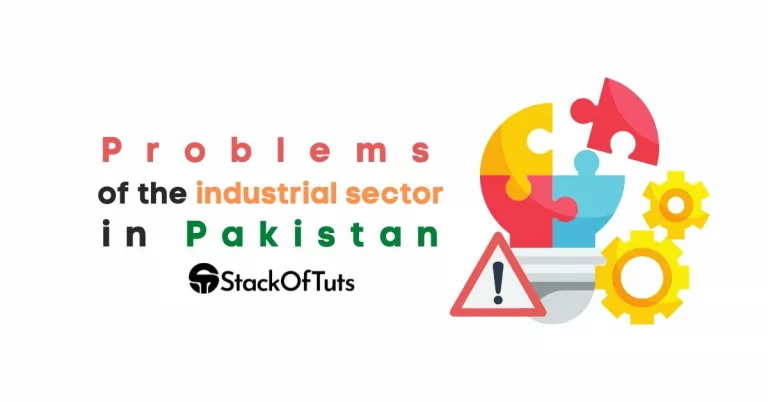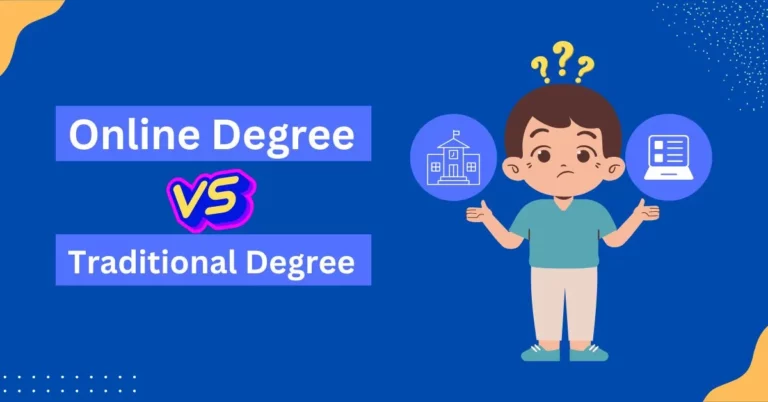The speed of technological advances is getting increasingly faster each day. The number of new inventions is growing at an incredible rate, making people’s lives easier and facilitating a lot of processes that took much longer some years ago. \A lot of daily routine activities have been replaced with a simple process of pressing a couple of buttons on a handy device or a few minutes browsing the Internet. Such a state of affairs gave rise to concern though: is humanity getting lazier or more productive?
The influence of advancing technology is nowhere as pronounced as in academia. The whole educational process has become incredibly digitalized in recent years, with COVID-19 having substantially aggravated the situation.
E-learning caused by the social distancing restrictions has become a norm of the day, generating new and more troubling concerns regarding the student’s performance and the overall outcome.
Today, students are able to get instructions and hand in their assignments through digital platforms, research the topics on computers instead of going to the library, and even find an online thesis writing service to help with their homework.
They download course materials and take pictures of the class notes with their phones. Everything is digitalized and fast. Of course, apart from the advocates of the modern technological advances in education, there is a pool of opponents, who adduce quite reasonable arguments against the tendency they see as harmful.

Even without the pandemic-related restrictions, schools have adopted many technological tools that facilitate the learning process. Online platforms for distributing and handing in assignments are a common thing in many educational institutions today.
Print copies of lectures save time in class, providing the opportunity for more in-depth discussions and closer communication with students. Almost all the homework assignments in form of essays and papers are required to be typed.
Moreover, online tests for evaluating students’ performance are a standard mandatory procedure. Thus, modern educators claim that fourth graders must already be proficient in typing and possess other digital skills.
Quite naturally, the online learning tendency and technology-intensive habits of the modern youth have given rise to a new debate: should students be taught typing instead of writing?
Advantages of Typing

Considering today’s educational demands as for the format of assignments and tests, keyboard proficiency is indisputably necessary. Besides, apart from the ability to complete tasks as required by the academia, typing (Typing Jobs) brings along a lot of other benefits:
- Typing is faster than handwriting, which makes a laptop a more preferable tool in lectures than a pen and a notebook.
- The same laptop can be brought to all the classes for making notes at lectures, researching, completing the tasks, and sending them to the instructor. There is no need to carry bags full of books, notebooks, pens, and stacks of paper that can be easily lost somewhere.
- A careless typo is easily auto-corrected in word-processing software. In addition, it is easier to change any part of the text without the need to add notes and scribbles on the margins, cut and cross out the passages, and draw arrows showing the way of transfer. Such a feature considerably reduces the time and efforts spent on numerous corrections and re-writing of the same draft numerous times.
- Ease of copying. A typed document can be copied easier than someone’s handwritten notes. There is even no need of using special equipment for this. You can send a document with your electronic lecture notes from your laptop to the exact e-mail or add it to a cloud-sharing platform for everyone.
Advantages of Handwriting

Nevertheless, supporters of the old-school way of making notes advocate handwriting arguing for its much more important benefits for human wellbeing and healthy development. Complex neural connections created during the process have significant importance for people’s mental and cognitive abilities. Handwriting helps to develop some brain processes that do not work while typing:
- You need to closely observe the process of creating every letter to ensure the correctness of the resultant words, developing visual focusing.
- Consequently, the eye-hand coordination is trained in the process of tracing each detail of the letter and putting them into words.
- While writing, you recollect the necessary shapes assuring recognition and understand the meaning of what you are writing better by digesting it in the brain, which is impossible during mindless typing.
In studying, handwriting becomes instrumental for students in many different ways.
- It has been scientifically proven that teaching to write activates the parts of the brain significant for reading.
- Writing increases brain activity by creating a connection between the brain, hand, and a tool it holds (which is a pen). As a result, the development of thinking, language, and memory skills improves.
- While making handwritten notes, a person learns to process and organize information instead of recording it mindlessly.
- Subsequently, a kind of physical connection with this information is created, imprinting important concepts into the memory and saving time for additional memorizing.
- As a result, reflection and reframing of information while processing it trains the working memory and recall.
- Writing on paper provides some graphic freedom, which is impossible on screen. You can write on any side, put the lines vertically or even diagonally, squeeze or stretch letters and lines, and add any details you like. Nothing can limit or restrict your self-expression, thus developing your individuality and creativity.
The Bottom Line
The debate between typing and handwriting will most probably be left unresolvable. At least, for a while. Undoubtedly, both are useful and beneficial in both academic activities as well as everyday life.
While learning and the ability to write develop important cognitive skills and assist in various study processes, typing (Offline Typing Jobs) helps to make a lot of activities faster, allowing more time for thinking over other, not less important, issues.
Thus, the bottom line is that both skills are necessary at school. Students should definitely be taught typing, without going to extremes of eliminating handwriting from the curriculum though.





